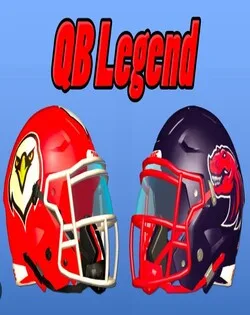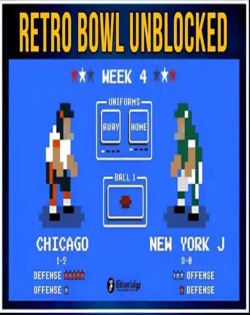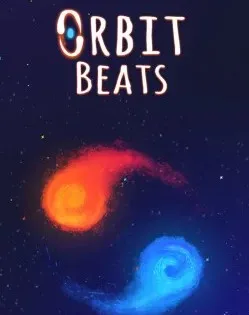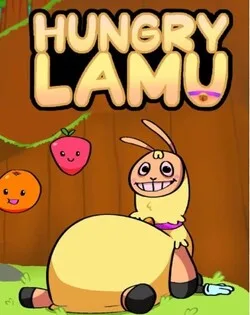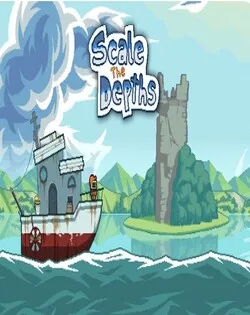
QB Legend: The Economics of Free-to-Play Games
QB Legend is a prime example of the booming free-to-play (F2P) model that has reshaped the gaming industry. The game’s success highlights the key factors driving the popularity of F2P games, focusing on accessibility and monetization strategies that encourage continued player engagement.
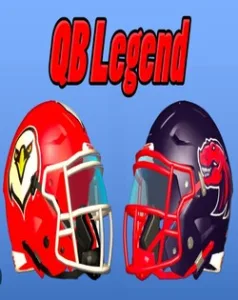
What Makes Free-to-Play So Successful?
The core strength of QB Legend and similar free-to-play games lies in their ability to attract a wide audience by removing the upfront cost barrier. Offering a free entry point means players can enjoy the game without any financial commitment, which significantly increases user base. Once engaged, players are incentivized to make purchases that enhance their gameplay experience.
Monetization Models: Microtransactions and Battle Passes
QB Legend uses two primary monetization models: microtransactions and battle passes. Microtransactions allow players to buy cosmetic items, skins, or power-ups that enhance the visual appeal or functionality of the game without affecting overall balance. Meanwhile, the battle pass model offers tiered rewards for completing challenges, encouraging players to invest in seasonal content for additional incentives and exclusive items.
Ethical Considerations: Pay-to-Win Mechanics
Despite its success, the free-to-play model raises ethical questions, particularly regarding pay-to-win mechanics. In QB Legend, players can purchase advantages that might make it easier to progress through the game. This has sparked debates about fairness, as those who can spend more money may gain an edge over free-to-play players. Balancing monetization with fairness is crucial for maintaining a positive player experience.
Success Stories: Fortnite and Genshin Impact
Two iconic examples of successful free-to-play games are Fortnite and Genshin Impact. Both games utilize various monetization strategies, such as in-game purchases and battle passes, and have become massively profitable. Fortnite, for instance, generates billions annually, while Genshin Impact relies on gacha mechanics to drive its earnings. These games illustrate how free-to-play models can thrive with the right balance of gameplay, incentives, and monetization.
The Sustainability of Free-to-Play Models
The sustainability of free-to-play models like QB Legend depends on striking a balance between profitability and player satisfaction. Developers must ensure that monetization does not alienate players or create an imbalance in gameplay. As long as developers continue to innovate and provide value through content updates, F2P models can remain highly lucrative for years to come.
